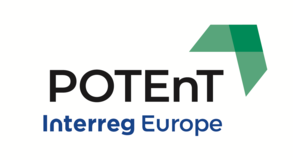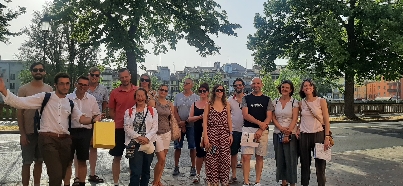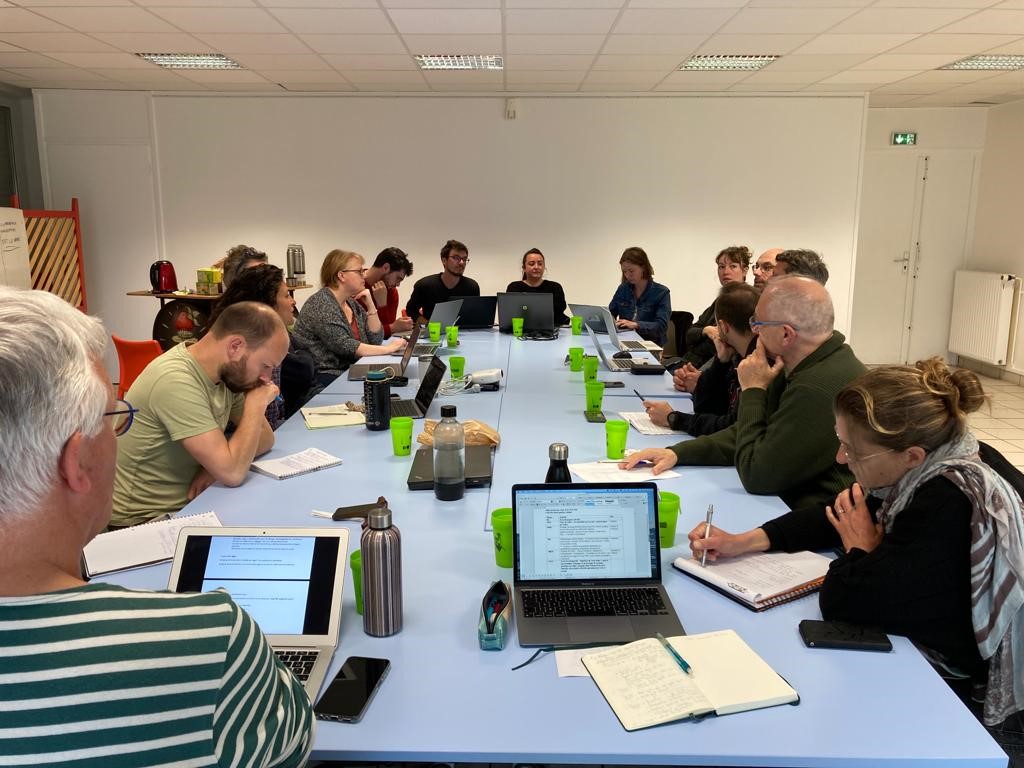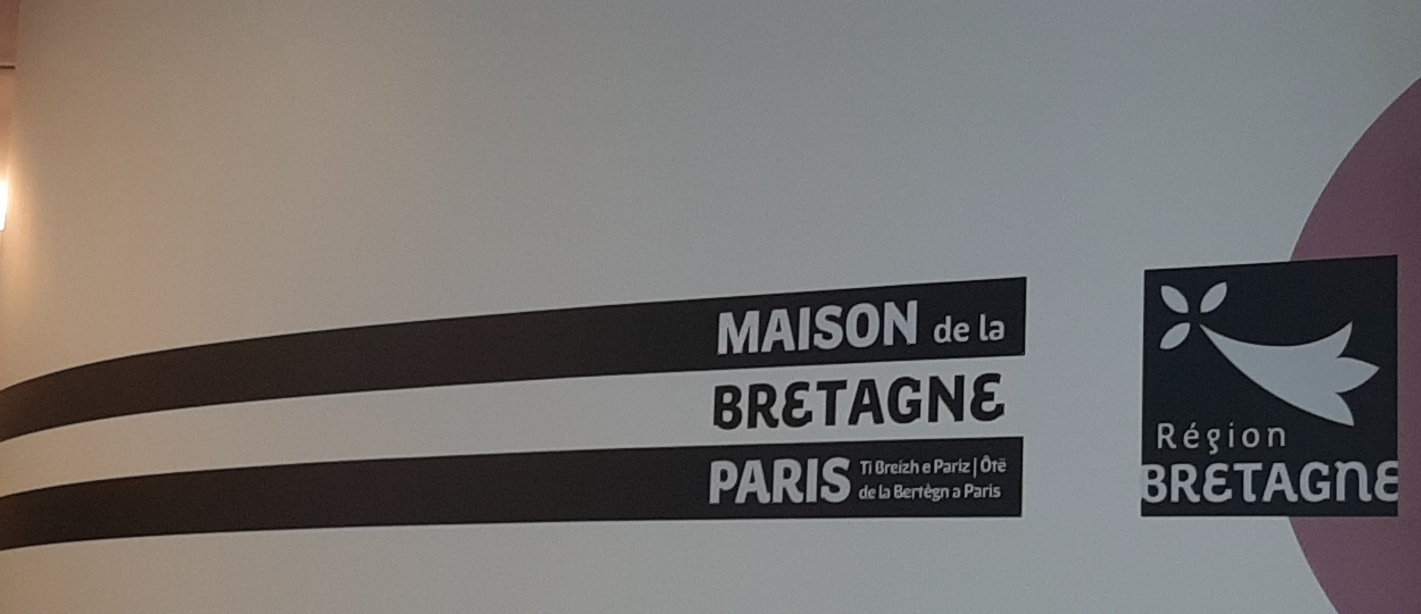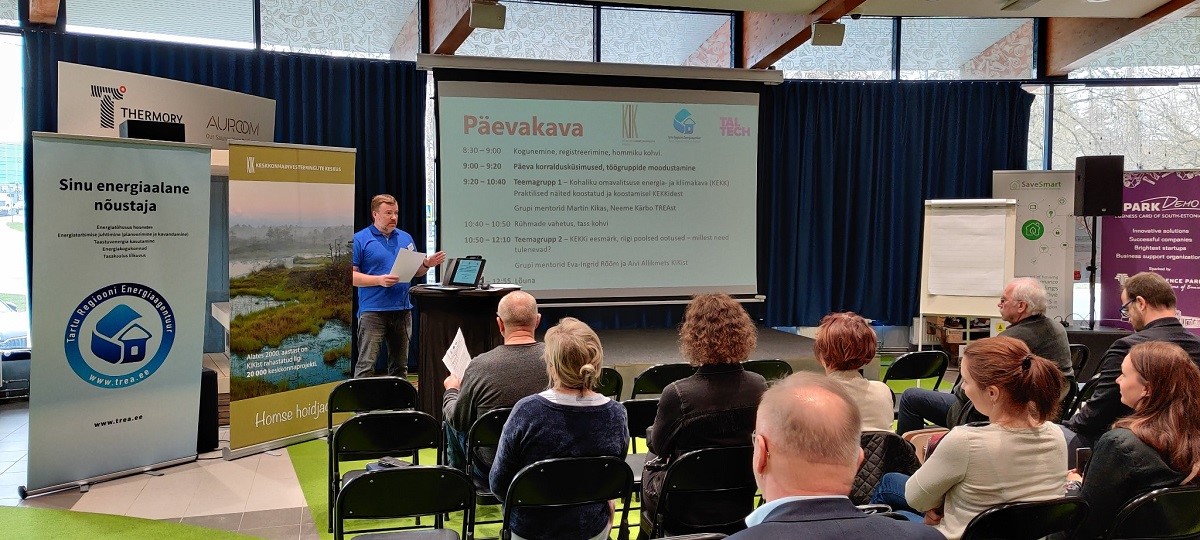The partner in the spotlight for this interview is Tartu Regional Energy Agency. Let's discover TREA's projects and goals.
What is the role of an Energy Agency in energy transition?
One of the less discussed phenomenons of European energy and climate policy is that the ambitious goals of energy transition will be implemented not directly by European Commission nor national governments (aka the ones proposing the goals) but by ordinary people on local level. Take the buildings energy performance directive (2002/91/EC and 2010/31/EU) as an example: it's ordinary citizens (and companies) like you and me that will make the heavy lifting here for building. The same goes also for other energy and climate directives and it is all made with one very important premise that there is enough knowledge and capacity on local level to fulfil these ambitious goals.
That is why the energy agency model becomes so important. Energy agencies are the unofficial knowledge partners for energy transition in local communities bridging the European energy/climate goals and local implementation projects. Whenever there is a need for additional knowledge, energy agencies can establish cooperation networks to bring in new knowledge and sometimes also financial resources (although bringing in money is not the first priority). More importantly energy agencies can help communities to identify their future needs and set up the sustainable strategies for moving towards the common goal.
What does “energy transition” mean for your region? What is the current status and what are the future goals?
One of the challenging environments for energy transition is Eastern Europe as many of the municipalities are struggling on providing services on same level with more prosperous neighbours. Phasing out the fossil fuels and environmentally damaging technologies is a challenge in communities economically depending on these technologies. Unlocking new strands of economy requires additional knowledge (and other resources like direct investments) and new partnerships. In this context, energy agencies can easily fit into the role of "green growth agencies" and because of this the energy agencies have a special role in Eastern Europe. Facilitating green growth can help to ensure the fair transition while improving the services for all the citizens.
TREA has been active in Tartu, Estonia for over 10 years. During this time TREA has been supporting municipalities in South-Estonia on preparing the sustainable energy action plans, preparing building retrofitting, improving the municipal energy management, evaluating the indoor quality etc. TREA has a long cooperation with City of Tartu (economic hub of the region) most notably supporting the smart city development in the city center for deep renovation of soviet era apartment buildings, development of solar power stations, setting up the electric bike sharing, zero emission public transport and improved charging network for e-mobility. As a different example, TREA has cooperated with City of Valga (small city in Latvian border) for evaluating the sustainability of the housing and municipal services in a shrinking city.
Most recent topic is energy poverty.
How you as Energy Agency are facilitating energy transition in your region?
Many of these activities are supported by international cooperation, bringing additional knowledge and funding to the region. For 10 years TREA has cooperated with 209 organisations from EU (see the map).

Local and regional activities can benefit from active transnational cooperation, as it can provide new solutions for local problems and can help to improve the overall reception of the agency. TREA is a member of international networks like Baltic Energy Agency Network BEAN, Covenant of Mayors, FEDERENE and a founding member of Central and Eastern European Sustainable Energy Network CEESEN.
What are your objectives within POTEnT? Have you already identified concrete projects you would like to study and transfer in your region?
POTEnT is offering great opportunities for cooperation with public organisations facing similar challenges and also for finding new learning opportunities from the countries such as France, United Kingdom and Czechia. Most notably the experiences of Milton Keynes (UK) setting up a carbon offset fund seems to offer innovative answers to the green funding challenge. Even if this cannot be implemented during the project timeline, it will provoke important political discussions among the decision makers about the role of the green investments.
TREA will use the new experiences of POTEnT project to improve the energy planning and energy management among the Estonian municipalities introducing updated and relevant methodologies for fulfilling the sustainable development goals on local level.
